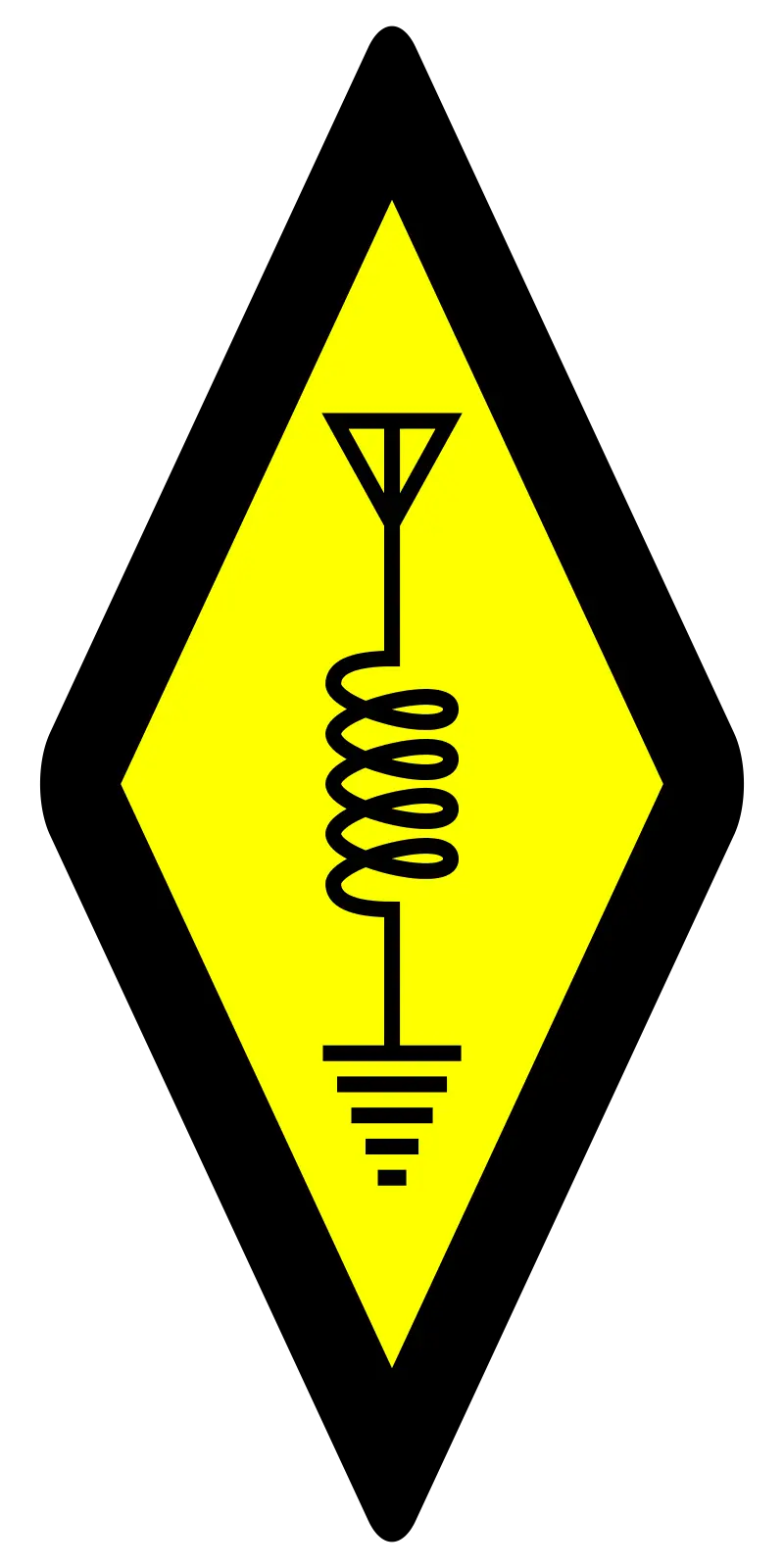I only have a technician license at the moment but wanted to try some longer range stuff so I got an HF radio. I’m extremely new to the hobby so I have little idea what I’m doing lol.
Xiegu G90 HF radio Astron power supply EFHW antenna strung around the outside of the house like Christmas lights
I’ve been doing it for 20 years now and the best tip I ever got was you can double your range by getting naked first.
I think that only works on Twitch
Woohoo! HF is a whole new world, especially if you are interested in digital modes or CW. Upgrading to General is totally worth it.
Welcome to the hobby!
I run an IC-7300 and a few kits I built. The Xiegu radios look really nice though, I’m curious to hear how it goes
Yeah, I’m taking a class and then the general test this coming February. So far it seems to do almost everything that I’d want except it doesn’t have a scanning feature, but maybe that’s what the waterfall is for?
Scanning isn’t particularly useful on HF. You will have to manually tune in whatever signal it stops on and most of the time it will just find noise. A band scope is much more useful.
Awesome! If you do plan on transmitting (on 10m), I recommend a common-mode choke on the feedline between your radio and the EFHW. All you need is a ferrite toroid and loop the feedline a few times through it. This can prevent RF going into your shack, which is kind of a thing with EFHW antennas. Otherwise EFHWs can work very well. Have fun and enjoy your new radio.
This is a different coil than the UnUn on the antenna?
Edit: for reference this is my antenna: https://www.dxengineering.com/parts/PEZ-EF-8010-JRKW
The main job of the unun is to match the impedance of the wire to the 50ohm feedline. You may or may not need a common mode choke to prevent RFI, but I had a lot of RF problems with my 40-10 EFHW. My radio was fine but my computer started to glitch out when was transmitting. That all disappeared once I looped my feedline through some ferrite.
Alright, good to know. Do you have any recommendations for which choke to buy? Or maybe I should make one? I know other people have snapped the small chokes on other problematic devices’ wires that were causing issues. Was thinking of looking at those as they’re cheapest.
Something like a FT240-43 toroid should work for 80m to 10m.
That is to make a common-mode choke on your feedline. You can always try to improve the RFI emissions from devices in your house by snapping on some ferrite on wall warts etc.
what kind of signals does it get? how do you “listen” to them?
It can do CW, AM, FM, SSB and some digital stuff I don’t understand yet.
Amateur HF radios typically transmit and receive from 1-50MHz, on various modulation modes (as OP mentioned). If you’d like to get a preview, check out the Utah WebSDR: http://websdr2.sdrutah.org:8902/index1a.html?tune=14290usb
I’ve linked you to the 20 meter band, which is pretty active 24/7. When it’s nighttime in the US, you can listen to Amateurs making international contacts. See some of my other posts in my history to get a visual on range.
This looks pretty cool and I admire the science and technical accomplishment of the thing itself, but I’m curious what amateur radio hobbyists actually do with this technology, just on a day to day basis? Like once you have it set up and everything, what is a typical radio hobby session like?
From what I gather just gab on the air about whatever and then there’s like a bazillion challenges for people to try and do. For example, making contact with someone from really far away using the least amount of power as possible.
Basically this yes. And also the science of it, learning how the radio waves refract at different times or day and solar activity. Also designing and building your own antennas and even radios can be fun and challenging.
Nice! I love my g90, solid little radio. Can tune a wet noodle lol. I take it with me when I work POTA.
20w is plenty and that was my main radio for a while.
Now I’ve got a 7300 to play with. I’m lucky enough to have a couple linear amps to play with, a 600-800w sb200 and a 1200-1400w sb220. But I don’t have any room to set them up right now, living in an apartment.
I did get permission to put a few antennas up in the tree near my window, but I can only run 100w, and the local noise is fairly high. Still fun though.
Looks good!







